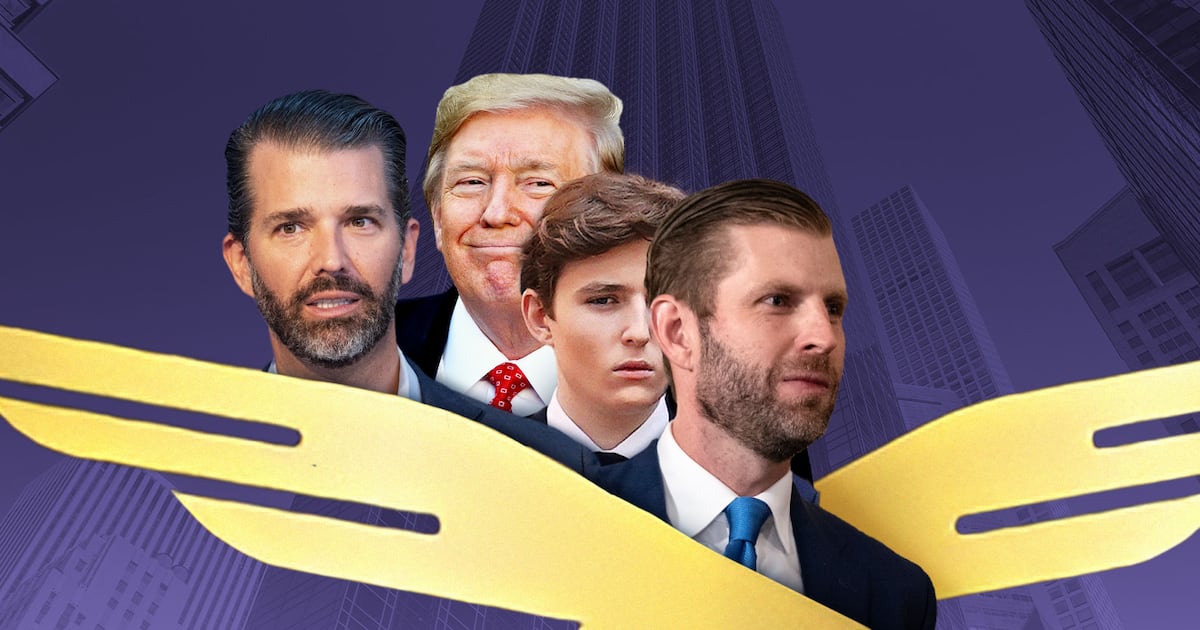Ukrainian forces destroy key bridge in Russia’s Kursk region
Ukrainian forces operating in Russia’s Kursk region destroyed a bridge over the Seym River near the town of Glushkovo on Friday, August 16.
Ukrainian Air Force
Ukrainian forces appear to have struck a third bridge in their continued campaign to disrupt supply lines in the Kursk region of Russia they have invaded, as President Volodymyr Zelenskyy appealed Monday for allies to allow their weapons to be used for deeper incursions into Russian territory.
Moscow reported damage from an Ukrainian attack on a third bridge over the Seym River, which courses through the province where the warring nations have been battling since Ukraine’s shocking intrusion across its northeast border with Russia on Aug. 6. Kyiv has not commented on the third bridge attack, but one of its commanders acknowledged the first two.
Speaking to the heads of Ukraine’s foreign diplomatic missions Monday in Dnipro, Zelenskyy said Kyiv’s forces have taken control of 92 settlements and more than 480 square miles in Kursk. The invasion drove close to 200,000 Russians from their homes.
While Moscow diverted troops from battlefields in Ukraine to defend Kursk, so far President Vladimir Putin hasn’t responded in overwhelming fashion to the largest invasion of Russia since World War II. Zelenskyy offered that as evidence that supporting countries like the U.S. should not fear provoking President Vladimir Putin by providing Ukraine weapons that could strike into Russian soil.
“Putin’s response to the Kursk operation demonstrates that there is no rational reason to deny us true long-range capabilities,” Zelenskyy said. “The situation on the Donetsk front (in eastern Ukraine) is such that any further delay by our partners in this matter effectively supports Russia’s offensive potential.”
Zelenskyy also said lacking those capabilities is the only obstacle to stopping Russian frontline advances. Russia has claimed about 20% of Ukrainian territory in the east since the war started, and Zelenskyy said Sunday the Kursk incursion was meant as a way to establish a “buffer zone” to prevent attacks by Moscow.
“If our partners lifted current restrictions on the use of weapons on Russian territory,” he said, “we wouldn’t need to physically enter the Kursk region to protect our border communities and eliminate Russia’s potential for aggression.”
Developments:
∎ Ukraine is struggling to fight off Russian advances in the eastern city of Pokrovsk, a transportation hub. Serhiy Dobriak, head of the local military administration, said the Russians have closed to within six miles of the city’s outskirts.
∎ Denmark announced it’s sending Ukraine a 20th military aid package, this one worth $115 million, and said the weapons can be used in Ukraine’s battles in Kursk, the Kyiv Independent reported.
No peace talks for now, but pro-Russian terms still on table
The Ukrainian invasion of Kursk will impede peace talks − which were not going anywhere regardless − but won’t prompt Putin to back away from his most recent proposal to the end war, presidential aide Yuri Ushakov said Monday.
Ushakov said the stunning cross-border attack, an embarrassment to the Russian military, would freeze negotiations for an indefinite time that will be determined by future developments, including what happens on the battlefield.
In June, Putin said the war would end if Ukraine gave up its quest to join NATO and signed off on Russian claims of annexing four eastern provinces, a proposal Kyiv summarily rejected.
Ushakov said those terms are still on the table, “But at this point, of course, it would be completely inappropriate to enter into any kind of negotiation process.”
India’s Modi to visit Kyiv weeks after hugging Putin
Prime Minister Narendra Modi of India, which has continued buying Russian oil during the war despite Western opposition, will visit Kyiv on Friday, Zelenskyy’s office confirmed Monday.
The trip to Ukraine by an Indian leader, the first since the countries established diplomatic relations more than 30 years ago, was touted as “landmark and historic” by India’s foreign ministry.
It’s also an attempt at a balancing act by Modi, who was severely criticized when he hugged Putin during a July 8-9 visit to Moscow that coincided with a Russian strike on an Ukrainian children’s hospital, which killed dozens. Modi, who has taken a mostly neutral stance on the war, implicitly rebuked Putin for the attack.
“This is an important visit that is expected to catalyze our ties in a whole range of sectors,” said Tanmaya Lal, India’s foreign secretary for the West, adding that the war would be among the topics of discussion.
“Lasting peace can only be achieved through options that are acceptable to both parties,” Lal said. “And it can only be a negotiated settlement.”
Contributing: Reuters



